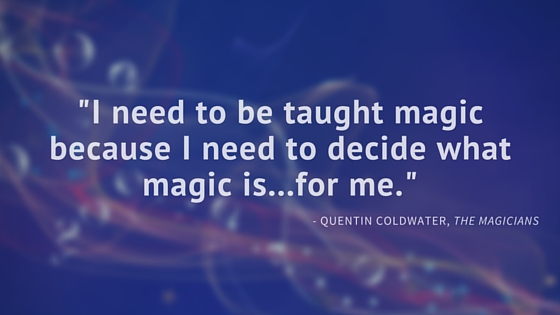Stranger Things: Nancy is a gift
No one else is writing high school girls like Nancy in Stranger Things, and so I hope writers in the industry are taking notes.
We usually get two kinds of characters when it comes to teenage girls: the ditzy girly-girl or the messy tomboy.
Stranger Things ignores both of those tropes and just gives us a teenage girl. Nancy wants to be popular and fit in, but at the same time, she doesn’t hide her intelligence around the cool kids. She shows compassion toward Jonathan, even though other students make fun of him.
Nancy drops the trivial high school stuff when she realizes her friend is missing and there’s a mysterious threat in town. She is brave and takes lead when circumstances call for that. Nancy is tough. She has good aim with a gun, and she does whatever is necessary to rescue Will—whether it’s something small like breaking a padlock or something terrifying, like going into the Upside Down and setting up a trap for the monster.
And best of all, no one acts like it’s a big deal that Nancy is a mixture of all of those things. She’s just being herself.

